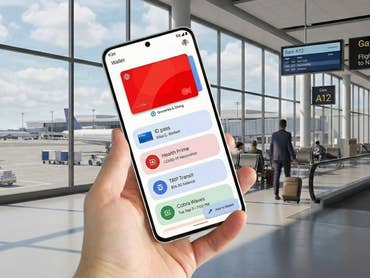Artificial Intelligence (AI) continues to be on everyone’s lips, and reports are pouring in from companies that want to downsize large segments of their workforce with the help of this new technology. However, the hoped-for triumph of AI does not seem to be happening fast enough for one company: Microsoft.
With Copilot, the company developed its own intelligent assistant based on the GPT-4 language model, which will be given greater importance in the future. An update will be rolled out as early as the beginning of October, with the assistant moving into various Office applications such as Word, Excel, and PowerPoint on desktop PCs and notebooks obtained via a 365 subscription by mid-November at the latest. Microsoft continues to offer its Office suite as a standalone version — without a cloud connection — but hardly advertises this offer.
Installation Can be Disabled
By combining Microsoft 365 and Copilot, Microsoft is not just looking for a way to increase the popularity of its AI assistant, but a deeper level of integration into Office applications to provide users with easier access to Microsoft AI, which originally hails from the specialist, OpenAI. This should enable them to achieve results faster when working with the office suite.
However, anyone in Europe who relies on Office programs from the Microsoft cloud will be left out at this point. Apparently, the company fears that this measure would violate the Digital Markets Act (DMA) of the European Union (EU). This states that operators of large platforms, including Microsoft 365, must provide providers of competing services with equivalent access. Failure to do so could result in severe penalties.
However, even outside Europe, the installation of Copilot does not have to be accepted wholesale. The assistant can be deactivated using the Microsoft Apps Admin Center in Windows 365. To do this, all you need to do is head to the device configuration under the Customization menu. From there, you can then disable the automatic installation of the Copilot app under Modern apps settings.
Copilot Could be Part of Edge Soon
The extensive integration of the Microsoft Assistant could also be attributed to its limited traction to date. The number of users is estimated at approximately 20 million, as Microsoft CEO Satya Nadella announced during the presentation of its business figures.
This could also be the reason why the company intends to use its Copilot elsewhere in the future. From the end of September, the assistant will be integrated into Edge, the Group’s in-house browser. However, it is doubtful whether this step will lead to a significant increase in the user base. According to figures from W3Counter, the browser — together with Internet Explorer — has a middling global market share of just four percent.





